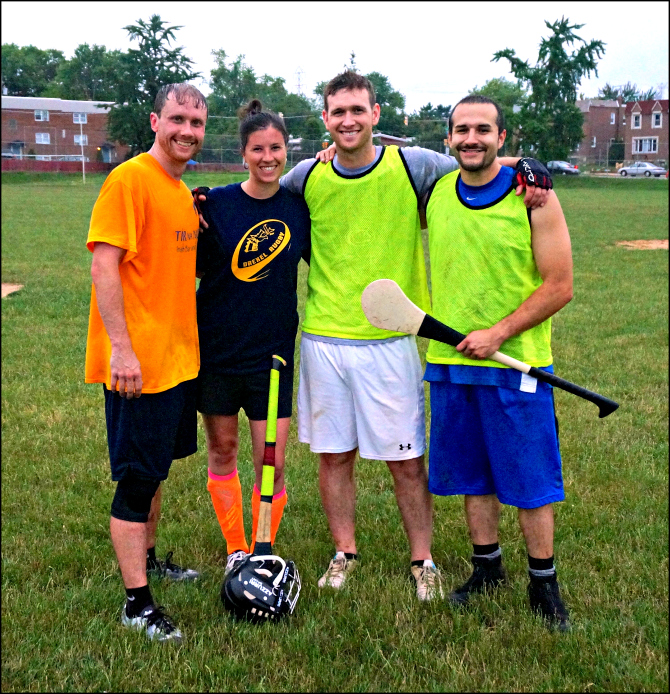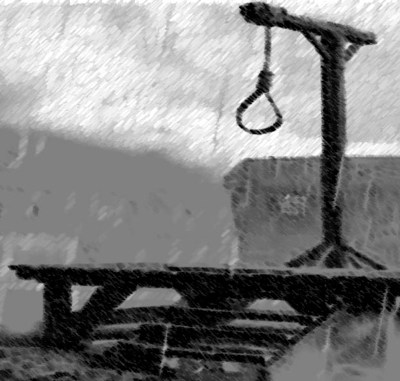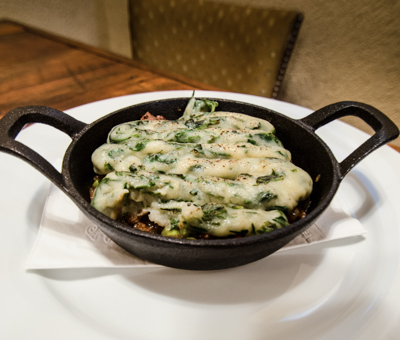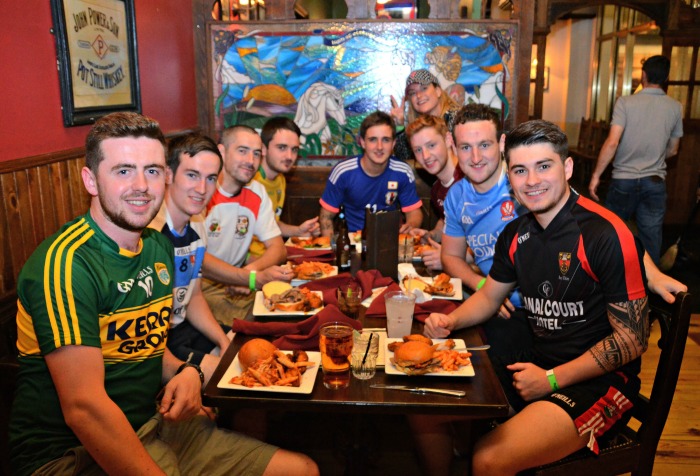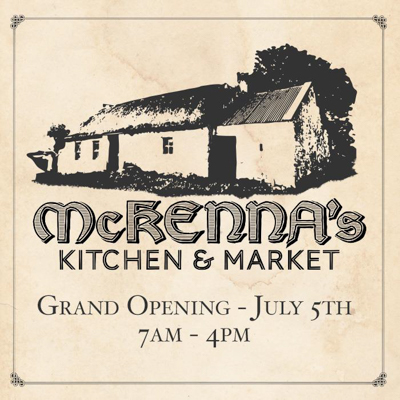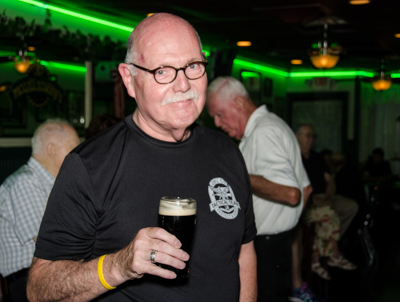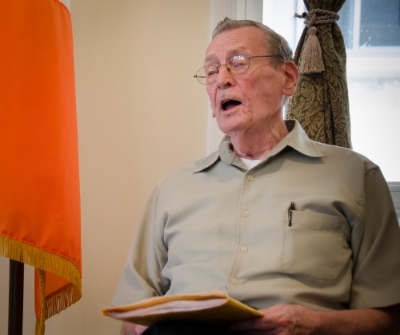Twilight is closing in on a scrubby athletic field toward the rear of Philadelphia’s Northeast High School. Twenty or so young men—and two women—are racing back and forth, wielding what look like canoe paddles in one hand, and slapping a ball back and forth with it. Occasionally, one of those balls goes sailing over a high chain-link fence into traffic on Algon Avenue.
What you’re looking at is mayhem, with a fair amount of body contact—but still, there’s clearly a rhythm and structure to it.
This moderately anarchic activity is hurling, an ancient Gaelic game transported to the United States by Irish immigrants. By some accounts, Irishmen have been playing some version of hurling for more than 3,000 years. The sport is now drawing steadily increasing numbers of American players.
One of them is MossRehab physical therapist Brian Sullivan. A few other Moss physical therapists are out there on the field, too, persuaded by him that playing this obscure Gaelic sport would be a good idea.
It’s always seemed like a pretty good idea to Sullivan, a graduate of Slippery Rock University of Pennsylvania, who hails from Pittsburgh. He has been with MossRehab for two years. Sullivan’s first exposure to hurling came during a trip to Ireland in the spring of 2010, when he saw his first hurling match. “That was how I found out that there even was a sport called hurling.”
He was even more surprised when he returned to the United States and, while attending a Pittsburgh-area Irish festival, saw the game being played on U.S. soil. He was incredulous. “I thought: Wait … this is actually happening in America?”
Sullivan had played organized baseball and soccer, and the sheer athleticism of hurling appealed to him, along with the fact that the game combined aspects of many other sports—field hockey, lacrosse, and even baseball—so he joined the local club in Pittsburgh. In spite of the game’s complexity—and perhaps because of it—Sullivan was hooked right from the start.
“It’s just a great game,” he says. “I just wanted to do it.”
So what is hurling? We’ve written about it many times before, but for the benefit of you Gaelic athletic newbies, hurling is said to be the fast-moving game on grass. No one who has ever watched it would dispute the point. It’s also one of the most physical. Hurling has been described as hockey mixed with murder. Maybe that’s a bit of Hibernian hyperbole, but neither is hurling croquet.
Here are the basics:
Hurling is played with a flat-bladed bat called a hurley, and a ball, roughly the size and weight of an American baseball, called a sliotar. (That’s a word from Irish Gaelic, pronounced “slitter.”)
The object of the game is for players to use the hurley to smack the sliotar either into a field hockey-like net for three points, or between two American football-style goalposts on either side of the net for one point.
There are a lot of ways players can move the sliotar down the field. They can hit it in the air, carry it briefly in their hand or toss it to one of their teammates, knock it about along the ground, or balance it on the blade of the hurley and run like the dickens toward the opponent’s goal. This last move, if you’ve ever seen it, seems to defy the laws of gravity.
Purists will tell you it’s all more nuanced than that, but those are the broad outlines.
Over time, for Sullivan hurling became not just a hobby, but a passion.
After graduation, when it came time to explore various cities in their quest for work and a nice place to live, Sullivan informed his wife Michelle that he had but one condition. “My one stipulation was that I’ll move wherever you want,” he recalls telling Michelle, “but they have to have a hurling team.”
Happily, Philadelphia has a hurling team—the Philadelphia Hurling Club—and it has MossRehab, part of the Einstein Healthcare Network, one of the nation’s premier rehabilitation facilities. So they moved to Philly.
Sullivan took to bringing his hurley and a ball along to work at his new job to practice out on the lawn at lunchtime near Moss’s facility on West Tabor Road in North Philadelphia. Co-workers soon became curious. “They’d ask, ‘What are you doing with this weird little stick?’” In time, he’d persuaded four other therapists to find out for themselves.
He says the hurley and ball also have uses for some of his patients, since they’re good for balance and eye-hand coordination. Balancing a sliotar on the end of the hurley, he laughs, “is like balancing an egg on a spoon.”
Sullivan’s involvement in Philadelphia hurling proved to have a side benefit, also relating to Einstein and to the Irish: specifically, helping to determine the carrier rate of Tay-Sachs disease among people of Irish descent. Dr. Adele Schneider, director of Clinical Genetics at Einstein Medical Center Philadelphia, has been managing the study.
Tay-Sachs is an inherited neurodegenerative disease that afflicts a very small percentage of infants. If both parents carry the gene, they can pass it along to their children. (The parents are unaffected by the disease.) Children with Tay-Sachs typically do not survive past their fifth birthday.
Most people, if they have heard of Tay-Sachs at all, probably associate the disease with people of eastern European Jewish descent—and indeed, this group is most affected. But other ethnic groups have a higher-than-average carrier rate—for example, French-Canadians, Cajuns and the Amish. Recent research by Dr. Schneider strongly suggests that people of Irish descent also might have a higher carrier rate.
Sullivan heard about the study, and assisted in raising its profile in the local Gaelic Athletic Association (GAA) community. A Tay-Sachs study banner hangs from the fence at the GAA’s new fields in Limerick, and representatives of the Genetics Division will be conducting tests this Sunday during the weekly games.
“He (Sullivan) came to our St. Patrick’s Day testing at Einstein and brought his hurley,” says Licensed Genetic Counselor Amybeth Weaver, MS, CGC. “He and Kerry O’Connor (Einstein senior communications manager), who was there, talked about it. Nothing happened for a month or two. Then Kerry forwarded an e-mail from Brian to us, saying they (the GAA) were looking for sponsors for their field.”
It seemed like a good idea, so the National Tay-Sachs & Allied Diseases Association of Delaware Valley, which funds the study, became a sponsor.
Weaver is looking forward to this weekend’s games in particular.
“There are three games scheduled,” she says. “ Brian thought this would be a good Irish draw, and maybe we’d get some folks who are eligible to participate in the study.” (Learn more here.)
Sullivan is grateful that he was able to connect his love of all things Irish to the study—and all because of one crazy game that, for him, is incredibly fulfilling on so many levels. “You get to represent your city,” he says. “It brings in your Irish heritage, which I’m very proud of. It brings in aspects of so many sports, and athletes can relate their sport to it. To me, hurling is the best sport out there.”
[flickr_set id=”72157651748682754″]

